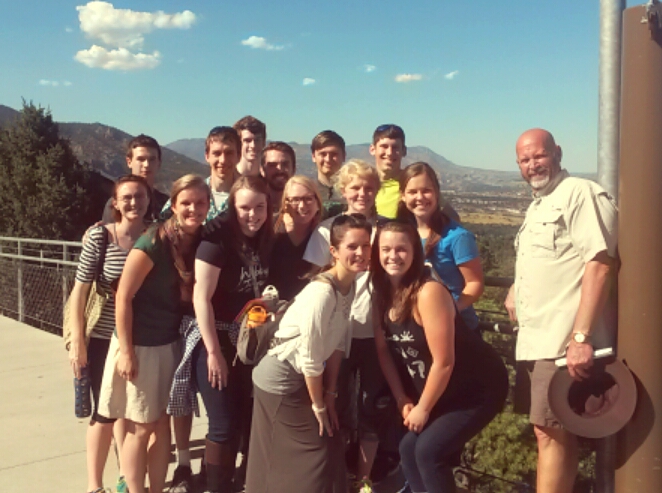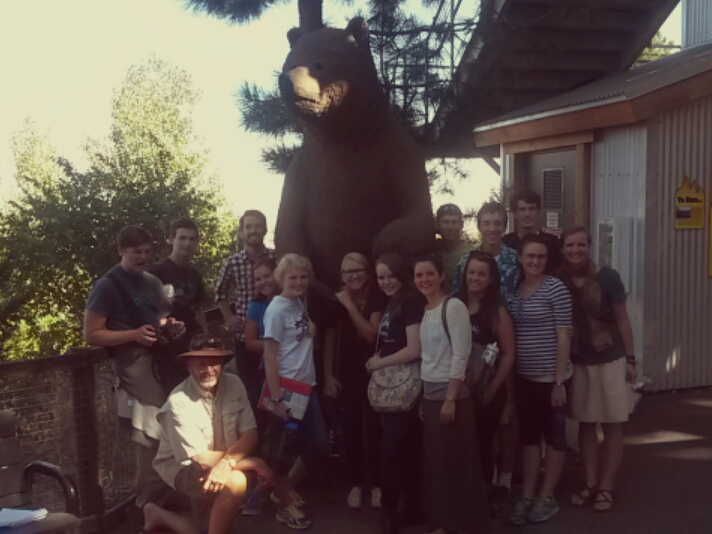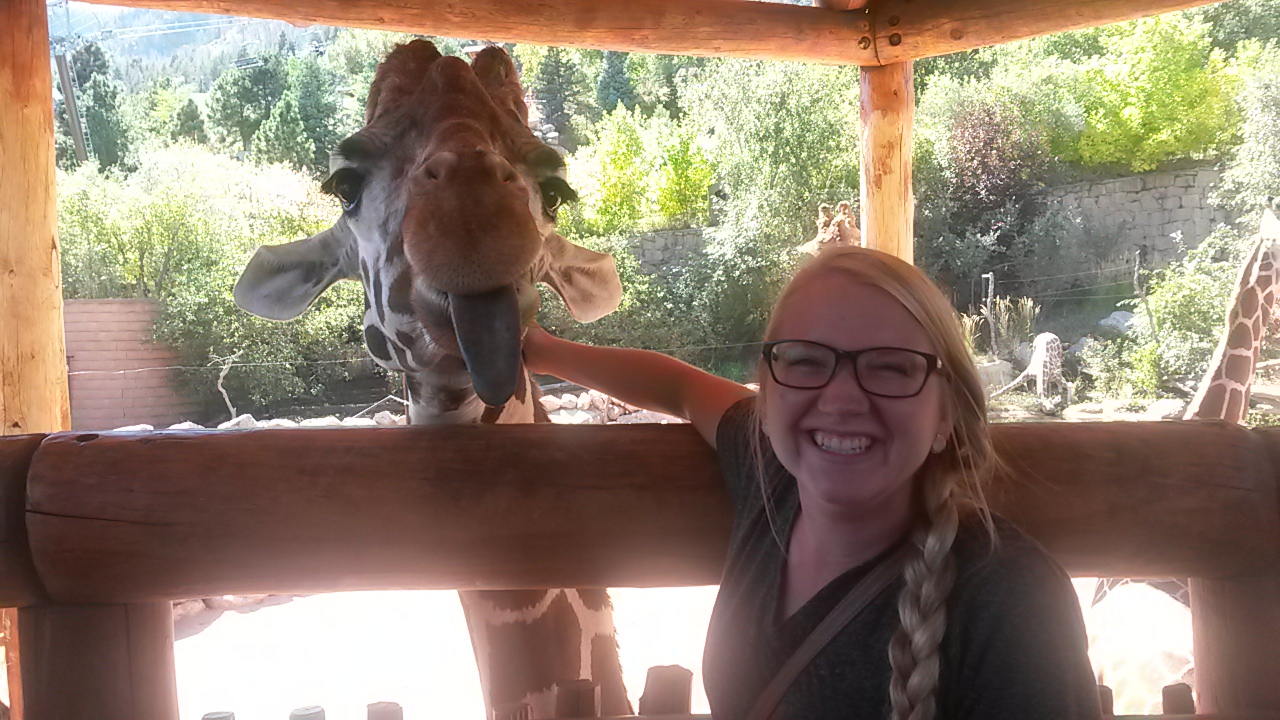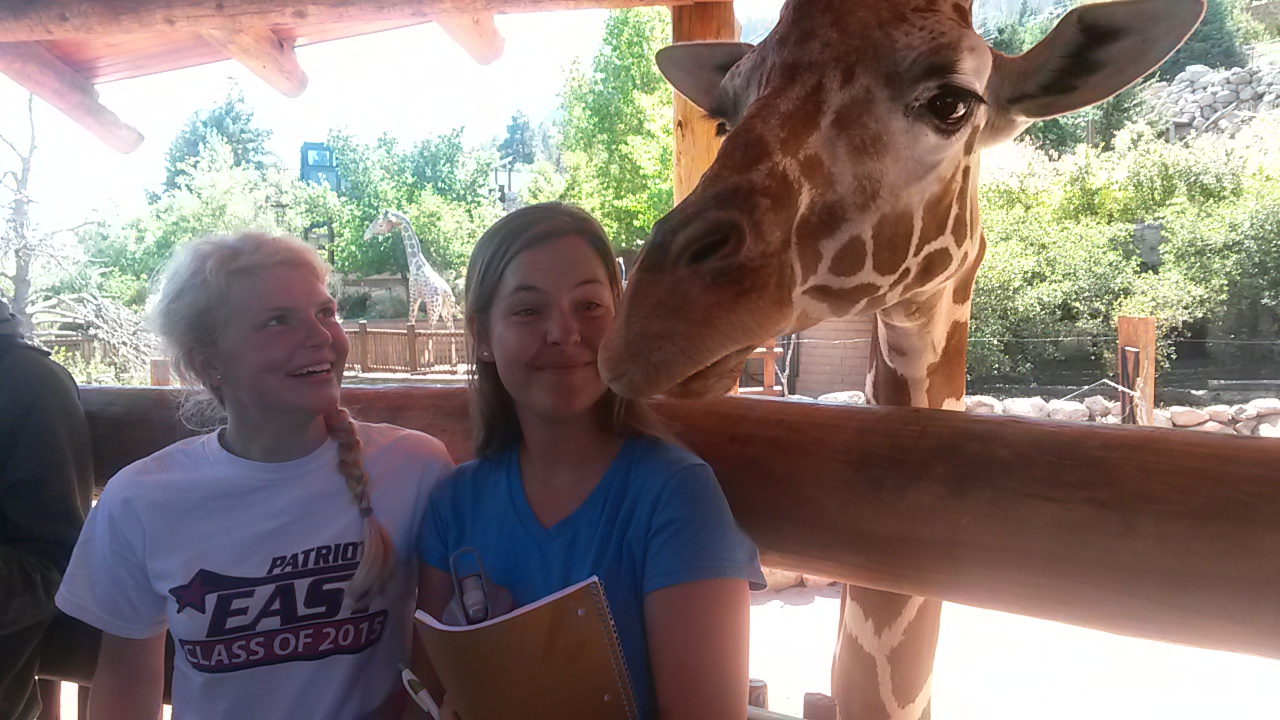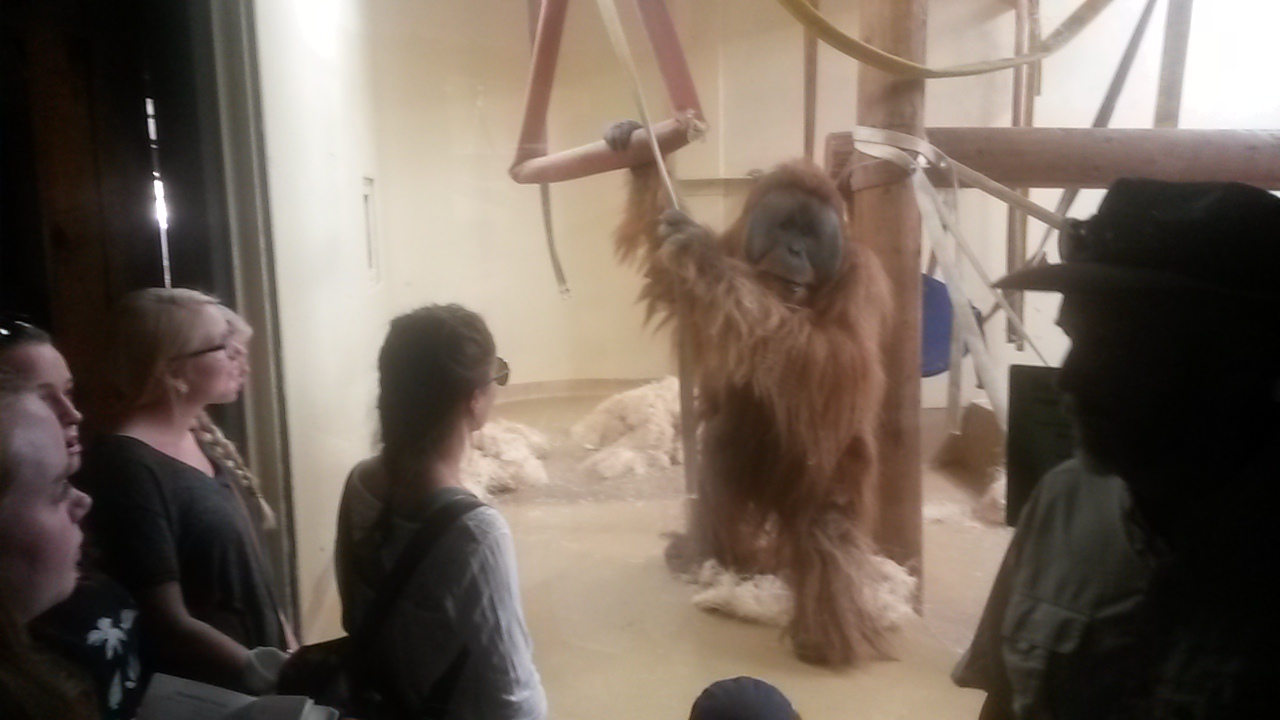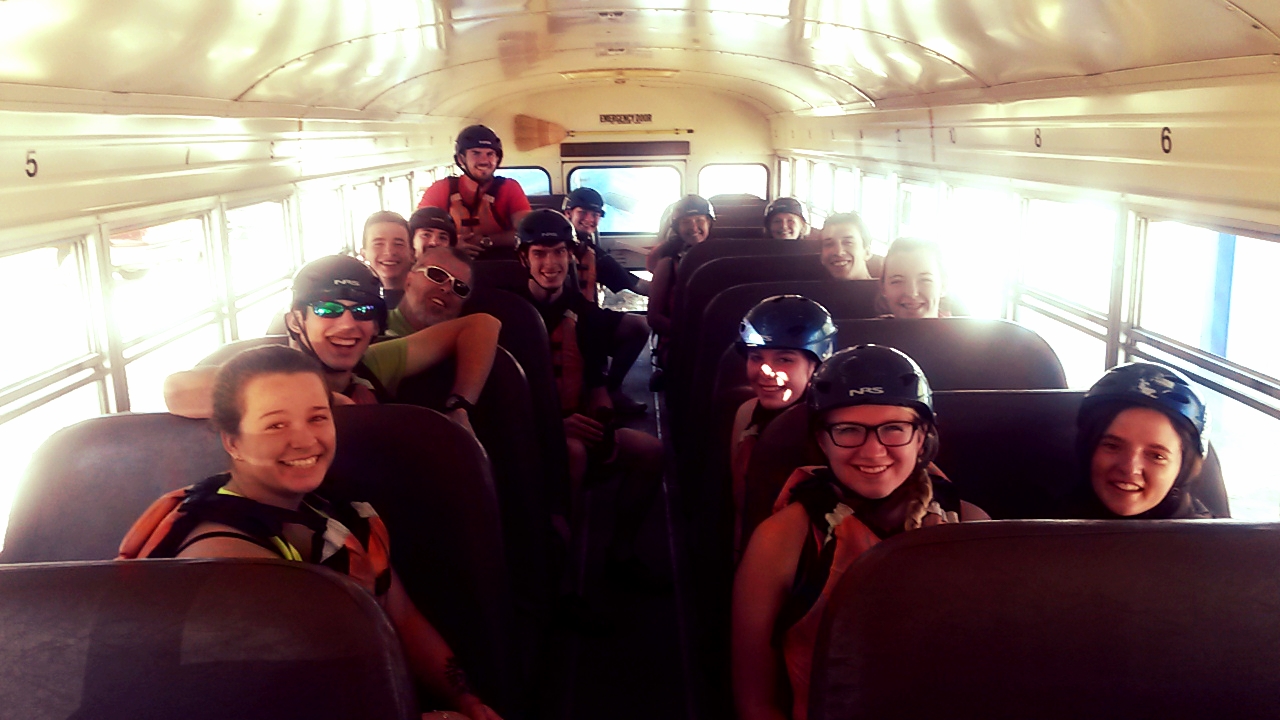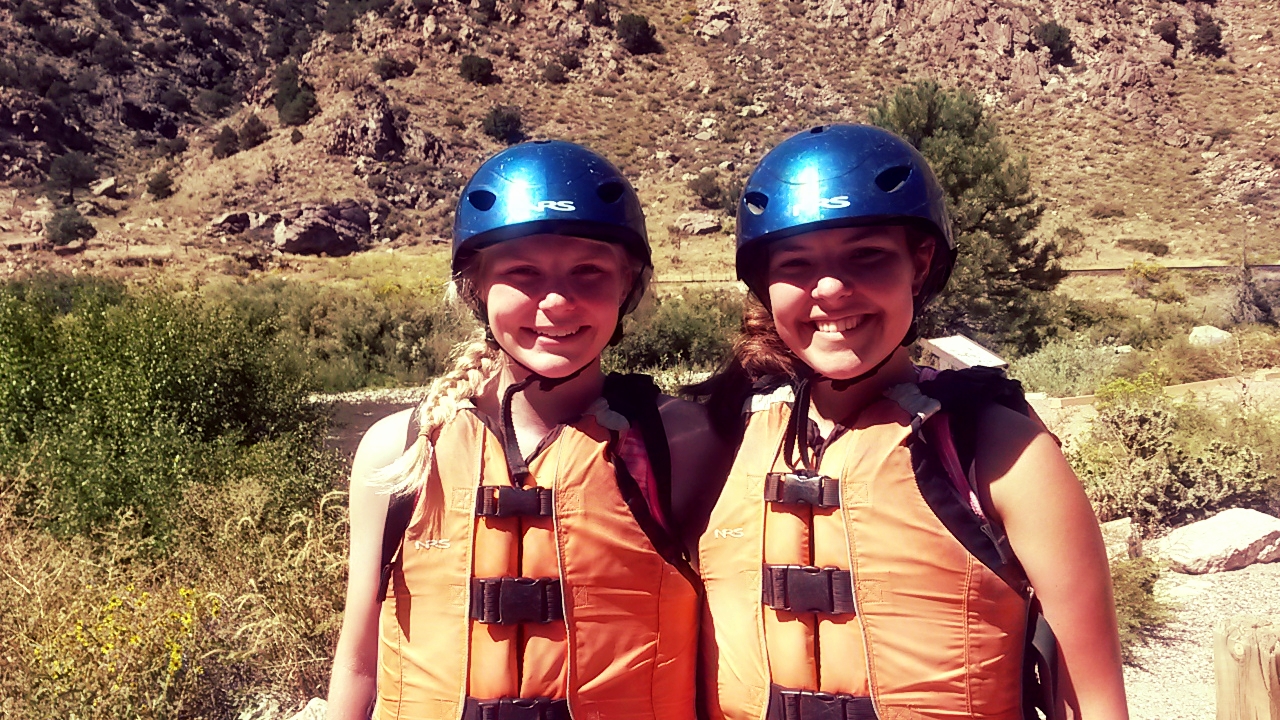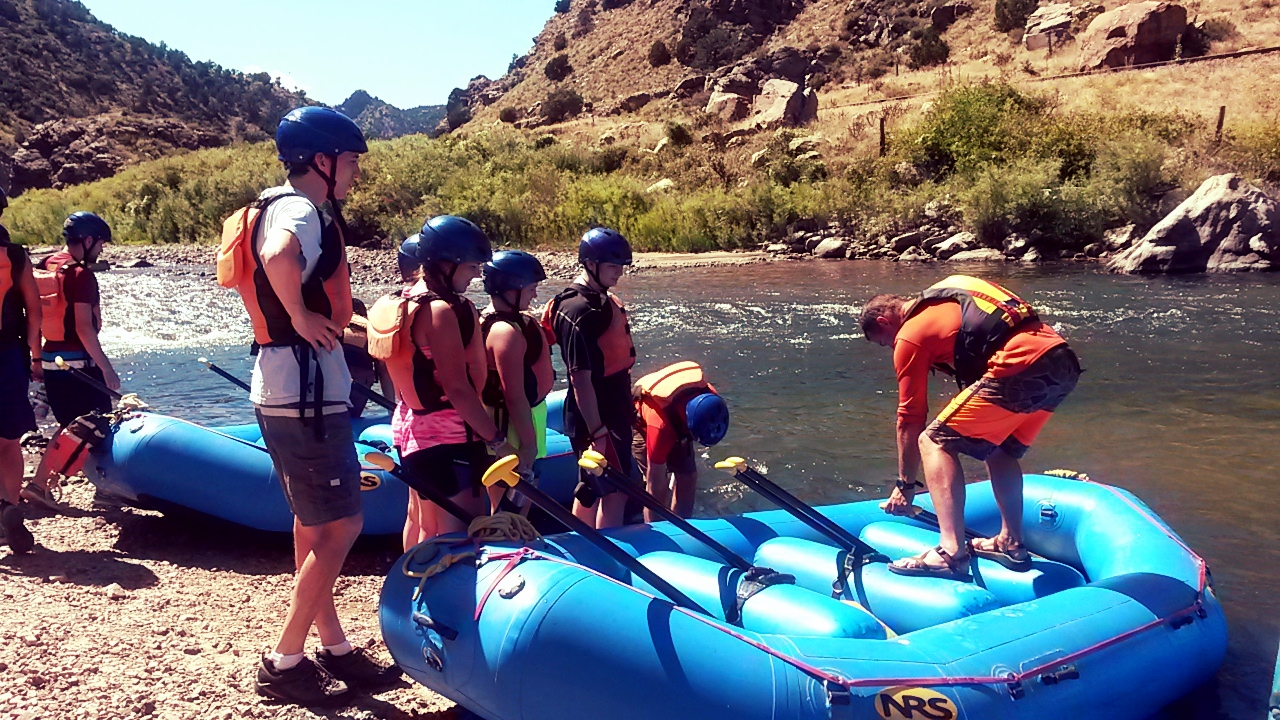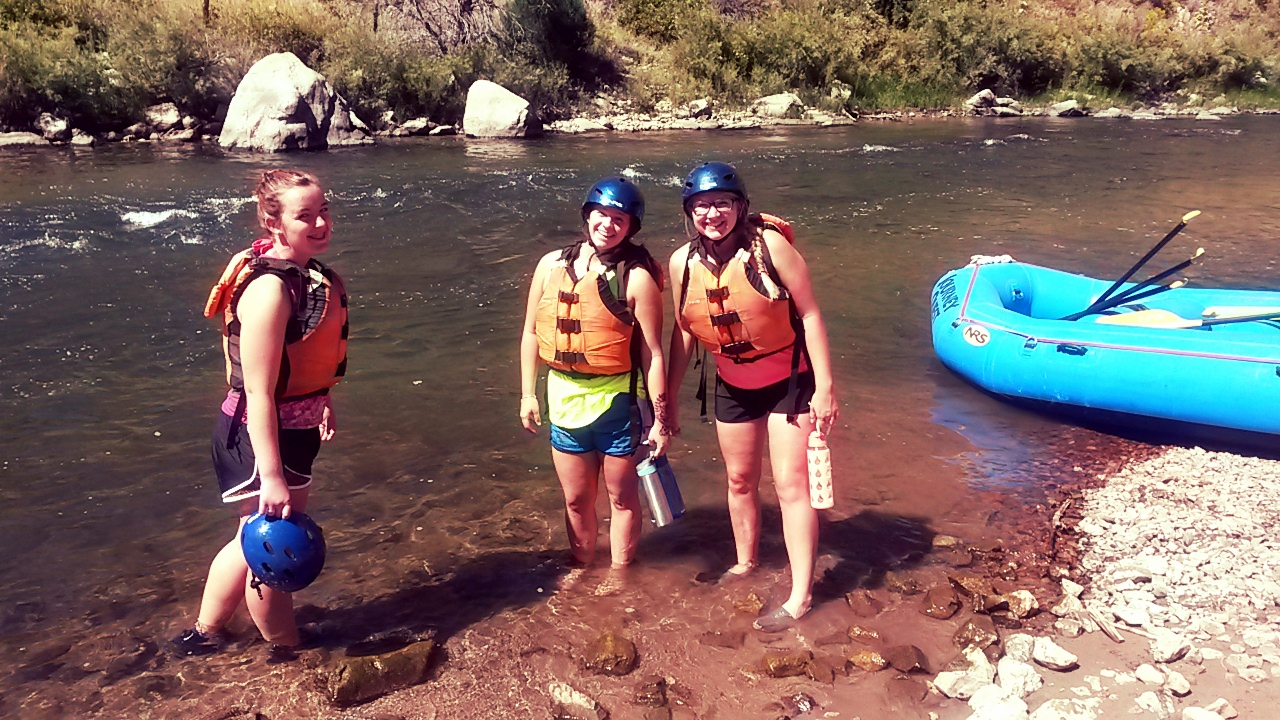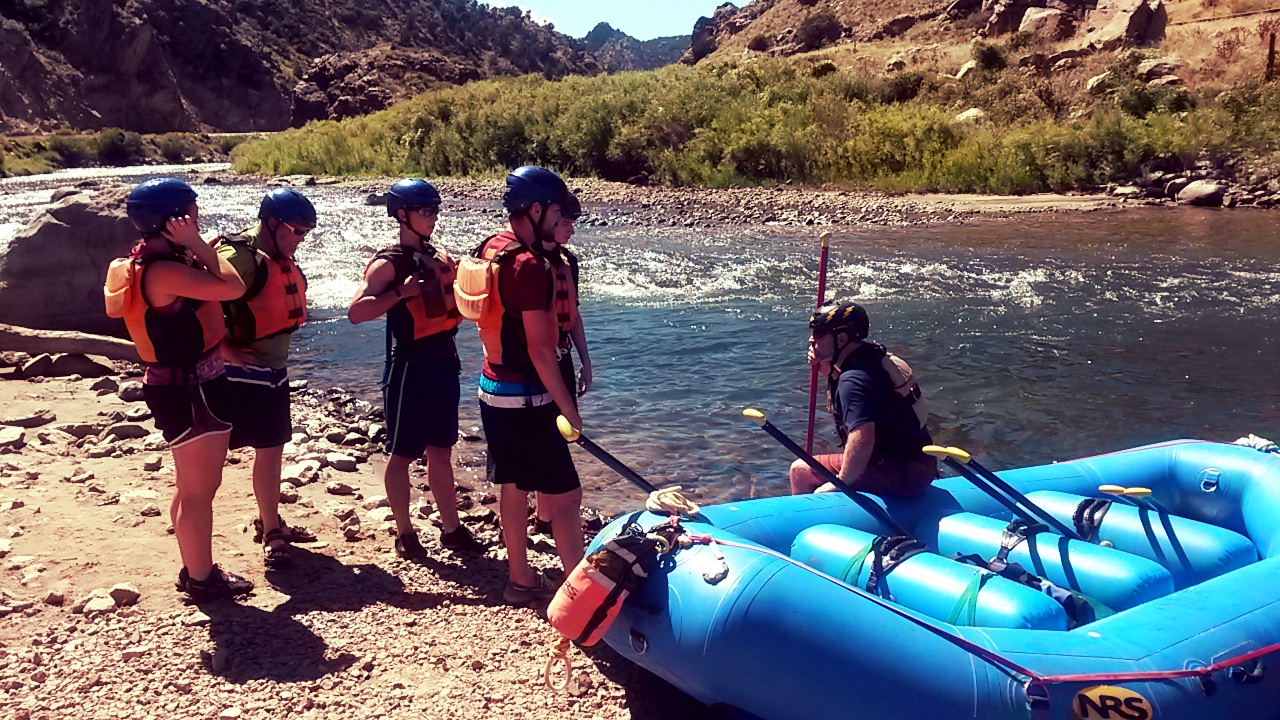Stained Hands, Contrite Heart
/This past weekend we had the privilege of volunteering at a Christian conference center called Horn Creek. Greeted by the smell of pines and golden aspen leaves, we arrived Friday evening and enjoyed dinner meeting the young people who work at the conference center and attend a gap year program of their own. We jumped in to help them clean up dinner and spent the evening developing new friendships.
Saturday morning came early, and we embarked on a day full of staining porches to prepare Horn Creek for winter weather. Jim, our volunteer coordinator, spoke with our students about the purpose behind volunteer work, describing Jesus’ emphasis on servant leadership. With cans of stain and paint brushes in hand, we broke into groups and worked as teams to stain fifteen cabin porches, a few picnic tables, and almost an entire fence before lunch.
The real test of humility and stamina began when we returned to work after lunch. Tired of moving…of stain…of new projects, we spent the next four and a half hours serving in spite of self-seeking attitudes. We were challenged to evaluate our motivations and learned how to enjoy the afternoon by valuing hard work and looking to each other and God for encouragement. Saturday evening we were exhausted. The day had been a leadership practicum for students to put into practice what they had learned in the classroom.
Sunday we attended church together and helped clean rooms, readying the conference center for a new group of people arriving the following day. Our students cleaned toilets, showers, cabinets, and floors for no monetary pay, yet they saw delight and thankfulness evident in the Horn Creek workers’ eyes. A fulfilling weekend—the students learned about giving without return, working through hardship, developing friendships in short amounts of time, and being empowered with responsibility. Staining our hands last weekend taught us about what it means to have contrite hearts.
By Hannah Sharp











